George Washington The
United States’ first president George Washington (1789–97) was never
greater than when he refused to interpret the position of president as
equivalent to “king.”
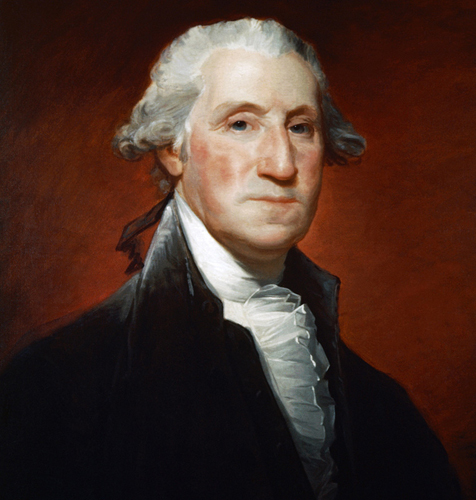
George Washington
John Adams Adams
(1797–1801) was among the young nation’s most experienced diplomats,
having managed affairs in Europe. He was the first US vice president,
under Washington. Thomas Jefferson Jefferson (1801–09) is remembered for his embrace of democracy and his opposition to federal power. James Madison Madison
(1809–17) demurred when he was called “the Father of the Constitution,”
stating that many minds had contributed, but there is little doubt that
the Federalist Papers, which he co-authored, helped gain its
ratification.
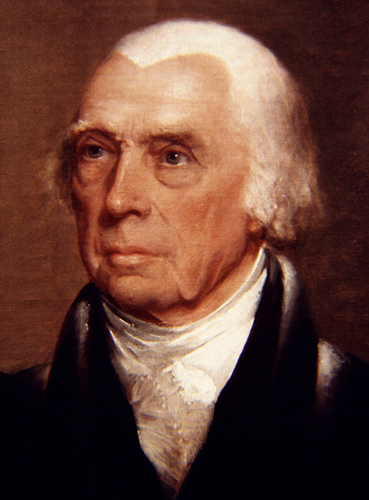
James Madison
Andrew Jackson The
success of Jackson (1829–37) as a leader in the Battle of New Orleans
in 1814–15 made him a national hero. His popularity helped him win
battles with Congress and with private business interests over issues
such as banking and tariffs. Abraham Lincoln Unquestionably
one of the greatest ever political leaders in any nation, Lincoln
(1861–5) overcame inexpressible odds in preserving the Union and
beginning the process of freeing slaves.
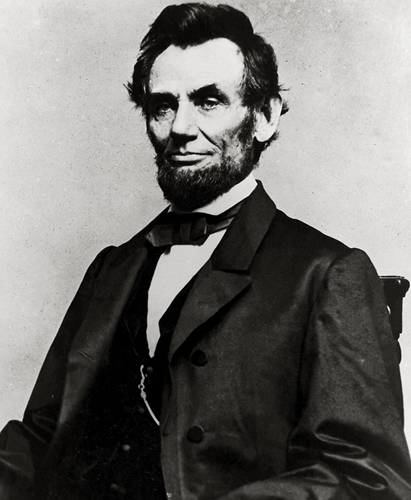
Abraham Lincoln
Theodore Roosevelt The
dawning of the 20th century brought an energetic and activist president
to the helm. Roosevelt (1901–09) became famous for his military
exploits in the Spanish-American war, but is best known for his
opposition to business monopolies and pursuing a strong foreign policy.
He also established the US national parks system. Woodrow Wilson Wilson
(1913–21) was a quiet academic who faced the greatest foreign task the
nation had seen – participation in World War I. Wilson successfully
promoted a legislative program that controlled unfair business
practices, reduced tariffs, forbade child labor, and improved the
banking system. Franklin D. Roosevelt Roosevelt’s
(1933–45) efforts to overcome the Great Depression never succeeded in
the broadest sense, but they inculcated the federal government with a
respect for the rights and needs of the common man and the poorest of
the poor. He led valiantly during World War II.
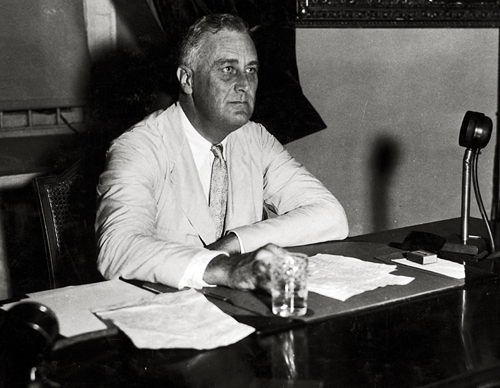
Franklin D. Roosevelt
John F. Kennedy Kennedy
(1961–3) brought an unprecedented style and flair to the presidency and
can be credited with possibly the most important action of the 20th
century – the prevention of nuclear war over Soviet missiles placed in
Cuba. His assassination cut short his pursuit of a plan for progressive
social programs, including more freedom and justice for
African-Americans.
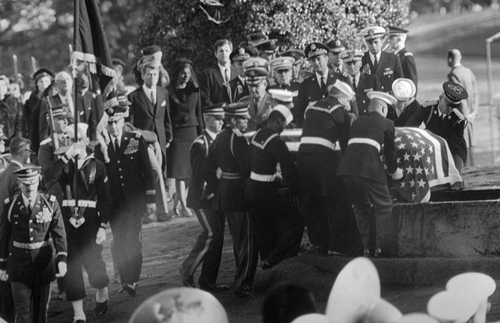
Funeral of John F. Kennedy
Top 10 First Ladies
Martha Washington Martha
established the role of the First Lady imitated by her successors. She
was famous for accompanying George on military campaigns. Dolley Madison Dolley’s social appeal helped her slightly awkward husband tremendously. Sarah Polk The wife of James K. Polk (1845–9) was a strong force in the administration, writing speeches for the president. Mary Todd Lincoln Mary’s pleasure at being First Lady was marred by the Civil War and her husband’s assassination in 1865. Caroline Harrison The wife of Benjamin Harrison (1889–93) founded the Daughters of the American Revolution. Grace Coolidge The wife of Calvin Coolidge (1923–9) had a charm and tact that made her one of America’s best-loved women. Eleanor Roosevelt Eleanor’s interests were equal rights and social justice. She greatly increased the diplomatic role of the First Lady. Jacqueline Kennedy A stylish socialite, Jackie was an instant hit with the public and visiting diplomats. Hillary Clinton Her
early activism created friction with Congress, but her public
popularity gave her influence. In 2000 she was elected to the Senate. Laura Bush A former librarian, the current First Lady has made universal literacy and funding of libraries a national goal.
|